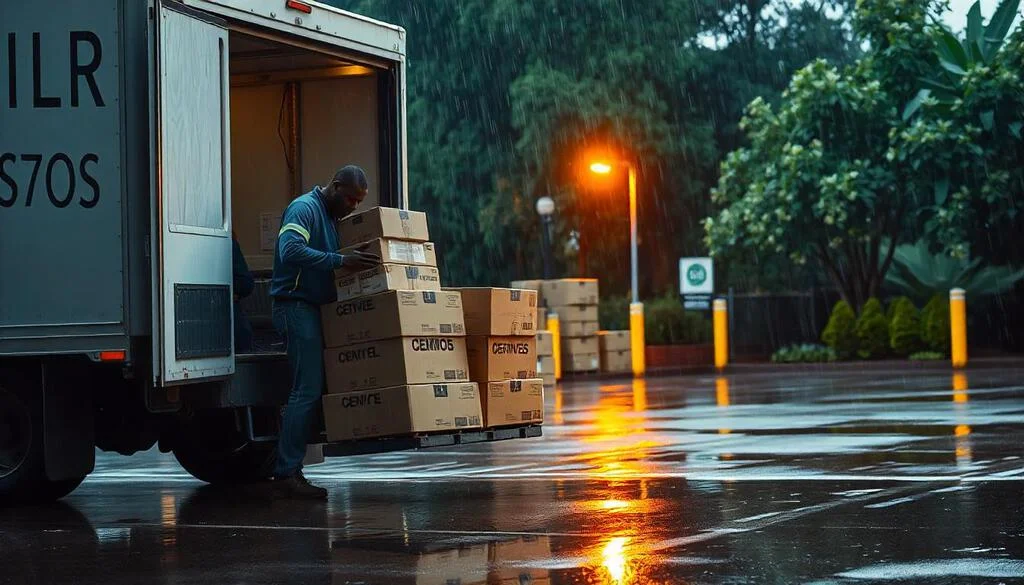
Reusable Packaging in Logistics: Sustainable Benefits
Reusable packaging in logistics has become an essential element of modern supply chain strategies. By adopting these solutions, businesses can significantly reduce waste, cut costs, and enhance operational efficiency.
Why Reusable Packaging in Logistics Is Vital
Reusable packaging in logistics provides multiple advantages for businesses. It minimizes the need for single-use materials, supporting eco-friendly goals while improving long-term cost efficiency. Furthermore, it aligns with sustainability standards, which is a priority for many industries today.
Types of Reusable Packaging Solutions
Plastic Crates: Durable and Versatile
Plastic crates are a durable option for transporting goods. These crates can be stacked efficiently, making them ideal for warehousing and logistics operations. They are particularly useful in industries requiring organized inventory systems.
Metal Containers: Heavy-Duty Solutions
Metal containers provide exceptional strength, making them ideal for shipping hazardous or heavy materials. These reusable containers can withstand extreme conditions, ensuring the safe delivery of valuable goods.
Textile Bags: Lightweight and Eco-Friendly
Textile bags are a versatile solution for transporting smaller goods. They are lightweight and can be reused multiple times, offering a cost-effective and sustainable option for businesses.
How Reusable Packaging in Logistics Benefits Businesses
Reducing Costs with Reusable Packaging
Using reusable packaging significantly lowers the recurring expenses associated with single-use materials. The initial investment is often offset by the long-term savings on material replacement costs.
Promoting Environmental Responsibility
R-e-u-s-a-b-l-e packaging reduces the environmental impact of logistics operations. By lowering waste and promoting recycling also businesses can meet sustainability goals and appeal to eco-conscious consumers.
Enhancing Supply Chain Efficiency
Durable and reliable packaging minimizes product damage during transit, reducing the need for replacements and improving supply chain reliability.
Practical Considerations for Adopting Reusable Packaging
Transitioning to reusable packaging in logistics requires planning. Businesses should assess their specific needs, consider storage requirements, and collaborate with vendors to identify the best solutions. While the initial investment may seem high, the long-term savings and environmental benefits outweigh the costs.
Conclusion
Reusable packaging in logistics is more than a trend; it is a sustainable solution that delivers tangible benefits. From reducing costs to supporting eco-friendly initiatives, adopting reusable options can transform your supply chain practices. Contact us today to explore how reusable packaging solutions can work for your business.




